 Moving to Poland: Honest Advice for Your Next Big Move
Moving to Poland: Honest Advice for Your Next Big Move
Thinking about relocating to Poland? Whether you’re chasing a new career, reuniting with family, easing into retirement, or simply fancy a new adventure (and don’t mind some bureaucracy with your coffee), you’ve come to the right place.
Living in Poland is your go-to guide for starting fresh in one of Europe’s most underrated gems. We’re not here to sugarcoat it—moving abroad can be exciting, liberating, confusing, and at times, utterly baffling. Especially when you’re asked to sign a form in triplicate… using blue ink… at an office open for 17 minutes a week.
We created this site for people like you—those navigating the thrill and chaos of a new life in Poland. Whether you’re wondering how to get a visa, swap your driving licence, find a decent flat, deal with ZUS, or just figure out why your post keeps going to the other Number 12, we’ve got you covered.
From the cobbled streets of Kraków to the coast of Gdańsk, and from public transport hacks to private healthcare tips, you’ll find real advice from real people who’ve made the leap (and occasionally tripped over the paperwork).
Didn’t find what you were looking for? Head over to our Full FAQ section for more detailed info.






















During this waiting period:


Plan accordingly and be prepared for potential delays.
Yes, but be prepared for paperwork. You’ll need proof of purchase, customs clearance if it’s from outside the EU, a Polish technical inspection, and translations of all documents. Excise duty applies based on engine size. Once that’s all sorted, you register it like any local vehicle.


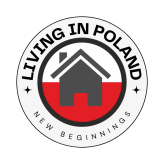











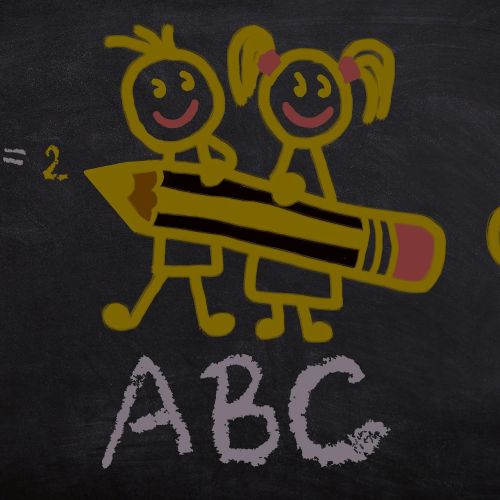




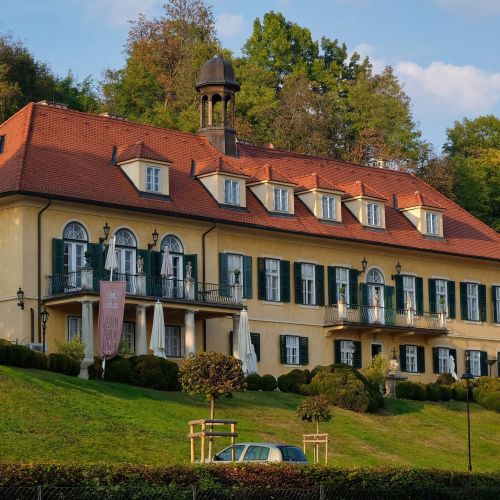

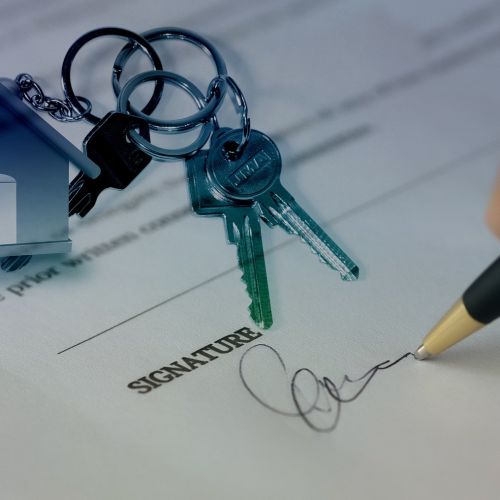


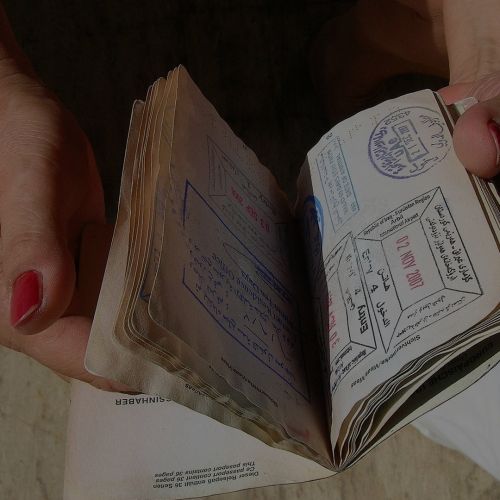

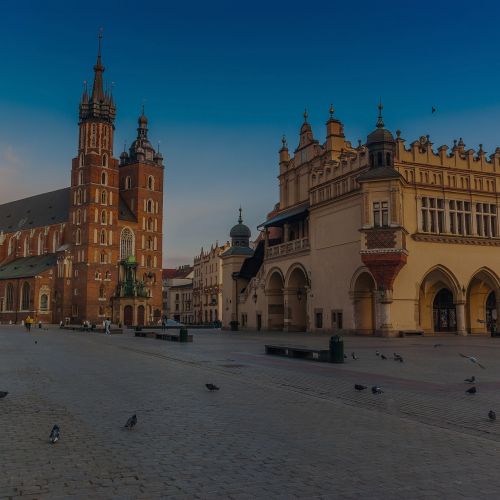
 Do I need a work permit to work in Poland?
Do I need a work permit to work in Poland? How can I apply for a work permit in Poland?
How can I apply for a work permit in Poland? What is the validity period of a work permit?
What is the validity period of a work permit? Can I change employers while holding a work permit?
Can I change employers while holding a work permit? What types of residency permits are available in Poland?
What types of residency permits are available in Poland?